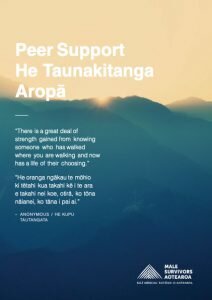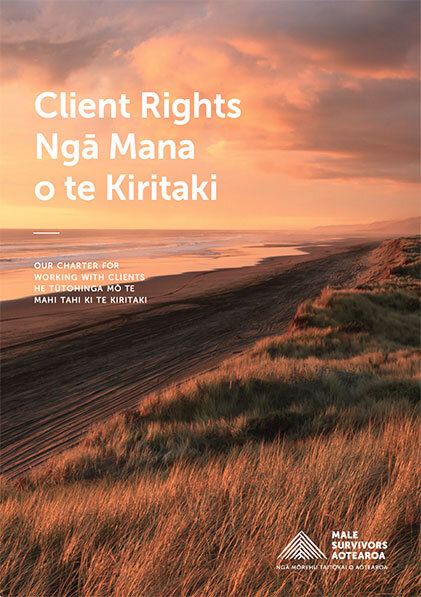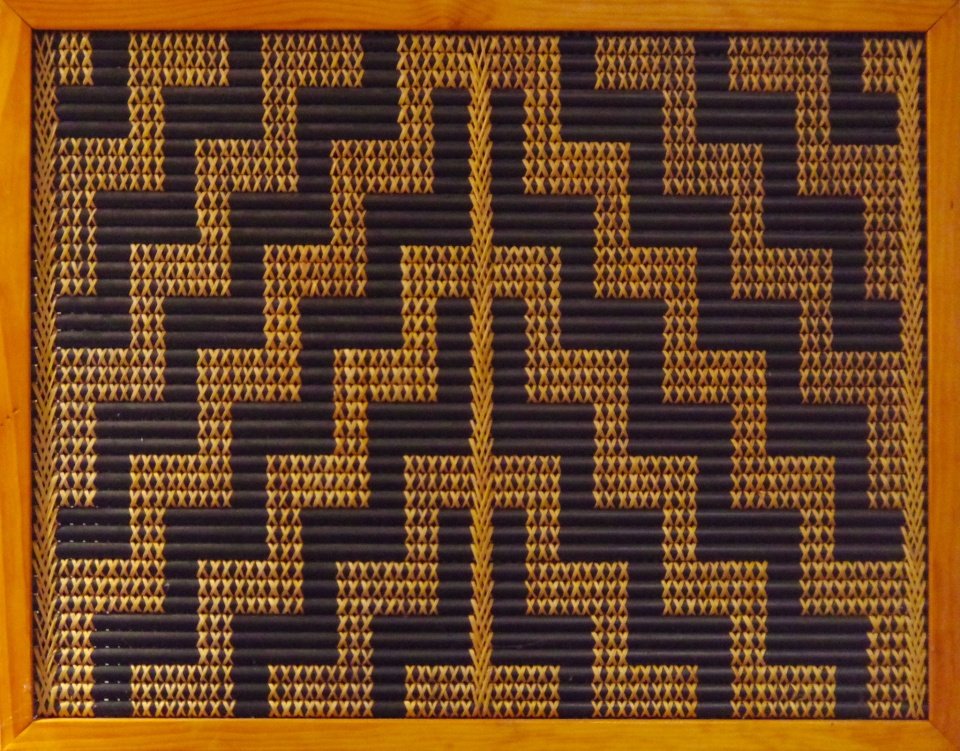
One to One Peer Support
It is so important to come to terms with the understanding that you are not alone. Sexual harm often has people trapped within their own minds and environment, if you can see that other people are struggling just like you and can relate to what you’re feeling, it can help to reach out for one-to-one Peer Support and learn new coping skills to live a more empowered life.
One to One Peer Support is safe place where you will be believed, we will listen and not question the validity of your story. Support is based on the shared lived experience and is the basis for connection and non-judgemental support.
From this empathy and understanding we can support each survivor in their recovery journey towards the life that each survivor chooses. Each survivor chooses what support they want and when they want it.
Peer Support is grounded in the belief that people are their own greatest resource and that adverse life experiences can be sources of resilience and knowledge.
Peer Support draws on a shared understanding of recovery. Peer Support instills hope by being with someone has been there and through it. Peer Support is not about ‘fixing things’ but building on strengths.
Peer Support Essentials
Mutuality: Peer Support relies on authentic two-way relationships between people through ‘the kinship of common experience’ - trust based relationships that enable peers to share their experience in a way that is mutually beneficial.
Recovery & Hope: Peer Support is sustained by the belief that there is always hope and that resiliency and meaningful recovery is possible for everyone
Experiential Knowledge: Peer Support provides access to the essential learning, knowledge and wisdom that comes from sharing personal lived experience of sexual harm and the recovery process.
Participation: Peer Support recognises that people are often their own best resources and acknowledges the right of survivors to choose and lead their own recovery process.
Equality:Peer Support asserts the fundamental right of people who experience sexual harm to have equal opportunities to other citizens and to be free of discrimination.
Click our downloadable Peer Support booklet
Click our downloadable your Rights booklet
Poutama.
In ancient lore the Poutama design symbolised a climb made by a folk hero, Tawhaki, to receive the three baskets of knowledge from the gods. The baskets are education, striving for excellence, and care of those in need. The Maori interpretation of Poutama is "one who supports his whanau (family), hapu (sub-tribe), and iwi (tribe)”; a leader. When looking at the construction of poutama, one sees a series of steps denoting the steps of progress and advance.
They explained that Poutama translates as Stairway to Heaven. and explained also that, it symbolised the bringing together of Maori and Pakeha, while maintaining their unique identities.
Whānau Support
As part of our recovery journey it can be helpful for our partners/spouses to receive support to understand our struggles, our difficulties with trust and relationships.
We can meet with couples to work through issues that may impacting on the relationship or each other. It is not unusual that while we are going through our recovery processes our partners can feel left out and confused, for many of us we just need time alone to reflect on our issues. Our partners can be helped if they understand our changing and sometimes challenging needs.
During recovery we can be moody and emotional, this can be confusing for our significant others. We can support you by helping you understand that this is not personal about you but it is about my journey.




